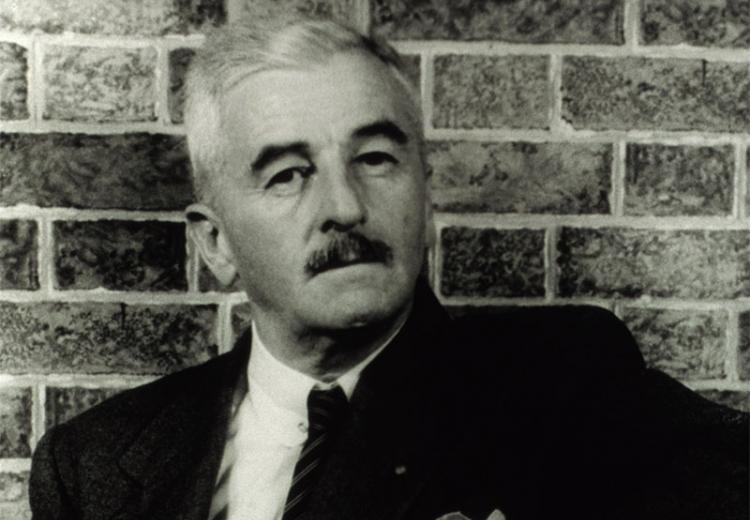Lesson 3: Faulkner's The Sound and the Fury: Narrating Quentin's Mental Breakdown

Portrait of William Faulkner by Carl Van Vechten.
"I give it to you not that you may remember time, but that you might forget it now and then for a moment and not spend all your breath trying to conquer it."
-The Sound and the Fury
As in the Benjy chapter, Faulkner's presentation of time is unique and complex as the Quentin chapter symbolically opens with a description of Quentin's watch, which was given to him by his father. Describing Quentin's recollection of receiving this gift, Faulkner writes, "I give it to you not that you may remember time, but that you might forget it now and then for a moment and not spend all your breath trying to conquer it." The watch (and time itself) continues to gain symbolic meaning throughout the chapter. When Quentin fails to carry on the family name, Faulkner ultimately reveals how the Old South at large was giving way to a very new South in the early 20th century. It is symbolic that time does not progress (i.e., that it is "clockless") in this chapter, because stunted time means that neither the Compson family nor the Old South will move successfully "as is" into the 20th century. As students explore Quentin's stream-of-consciousness revelations, they trace his mental breakdown that leads to his suicide, assuring the overall decline of the Compson family, for whom Quentin was meant to carry on the family's aristocratic standing within the changing South.
Guiding Questions
How do Benjy's and Quentin's own sense of time differ?
What does Quentin's relationship to and recollection of time suggest about his character throughout the June Second, 1910 chapter and his relationship to and role within the Compson family at large?
Learning Objectives
Discuss the theme of time in "The Sound and the Fury."
Describe and explain the function of stream-of-consciousness as a narrative technique.
